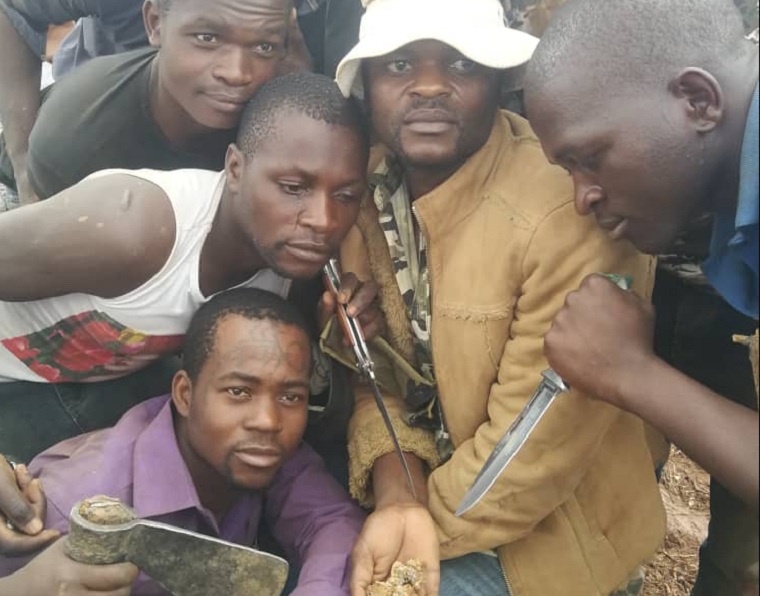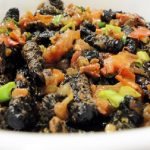The Mashurugwi’s new boldness combined with the government’s lack of action has deepened fear that the gangs are acting with the blessing of the state.
State Security Minister Owen ‘’Mudha’’ Ncube has long-standing links to the Mashurugwi and reportedly controls the most notorious gang in the country al-Shabaab, named after the Somalia-based militancy.
Local Government Minister July Moyo is understood to have access to various groups in the Midlands area. Meanwhile, other politicians from the ruling ZANU-PF party such as MPs Justice Mayor Wadyejena, Dexter Nduna and Goodwills Masimirembwa are also associated with the gangs.
All these politicians are closely linked to President Emmerson Mnangagwa. The Mashurugwi themselves seem to be his strong supporters. This has led some to suspect that the president is using the gangs as part of his strategy of governance.
Mnangagwa has a record of using extra-legal groups that stretches back to the 1980s, mobilising the likes of the ZANU-PF youth, the National Youth Service (known as Green Bombers), and the North Korean-trained Fifth Brigade for often deadly political ends.
While these previous groups were used to target the opposition and civilians, however, today’s key target may be closer to home. Despite the state media headlines, it is an open secret that President Mnangagwa and his deputy Constantino Chiwenga are tussling for power and the leadership of ZANU-PF ahead of the 2023 presidential elections.
In this rivalry, Chiwenga, the former head of the army, has the crucial support of the military. By appointing key allies to influential positions, it is suspected that Mnangagwa is securing the backing of the Mashurugwi. These influential gangs, combined with support from a few military units loyal to the president, could act as a buffer against Chiwenga.
This would explain the president’s lacklustre response to the gangs despite rising fears. It also explains why the vice-president’s threats to tackle the Mashurugwi have been interpreted as an attack on the president.
If the Mashurugwi are key pawns in Mnangagwa’s battle with Chiwenga, it is not in his interests to weaken them politically or undermine their illegal gold mining activities, which provide an economic lifeline to his allies.
Seen from this perspective, it is no surprise that the Mashurugwi’s activities have started to increase since November 2017. That was the month that Mnangagwa was fired by Robert Mugabe as vice-president and reportedly began mobilising the gangs to make parts of Zimbabwe ungovernable.
It was also the month that Mnangagwa and Chiwenga led a coup that resulted in them becoming president and vice-president respectively.
Now the key battle for power appears to be between these two orchestrators of the coup. As long as it continues, the Mashurugwi and their violence will remain prominent features in Zimbabwe.
By Simukai Tinhu for African Arguments
(165 VIEWS)

